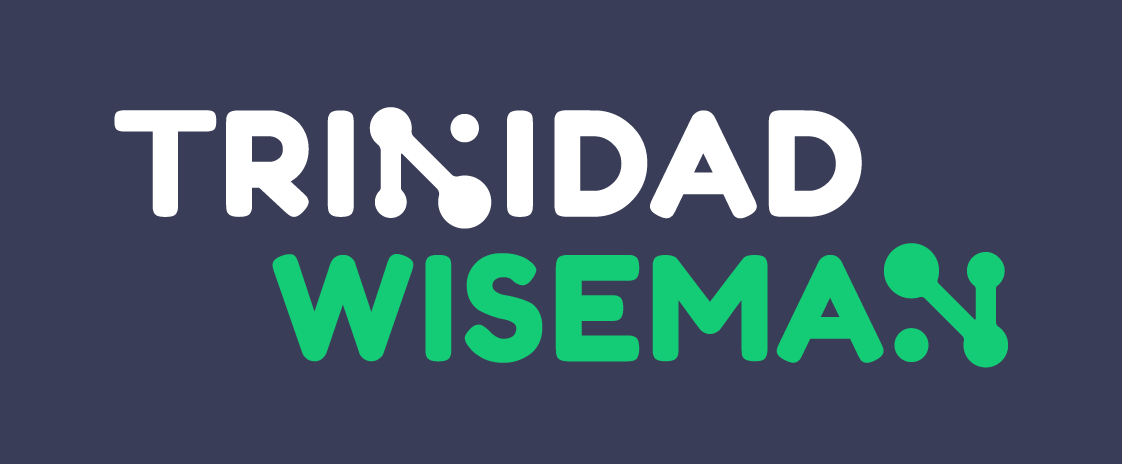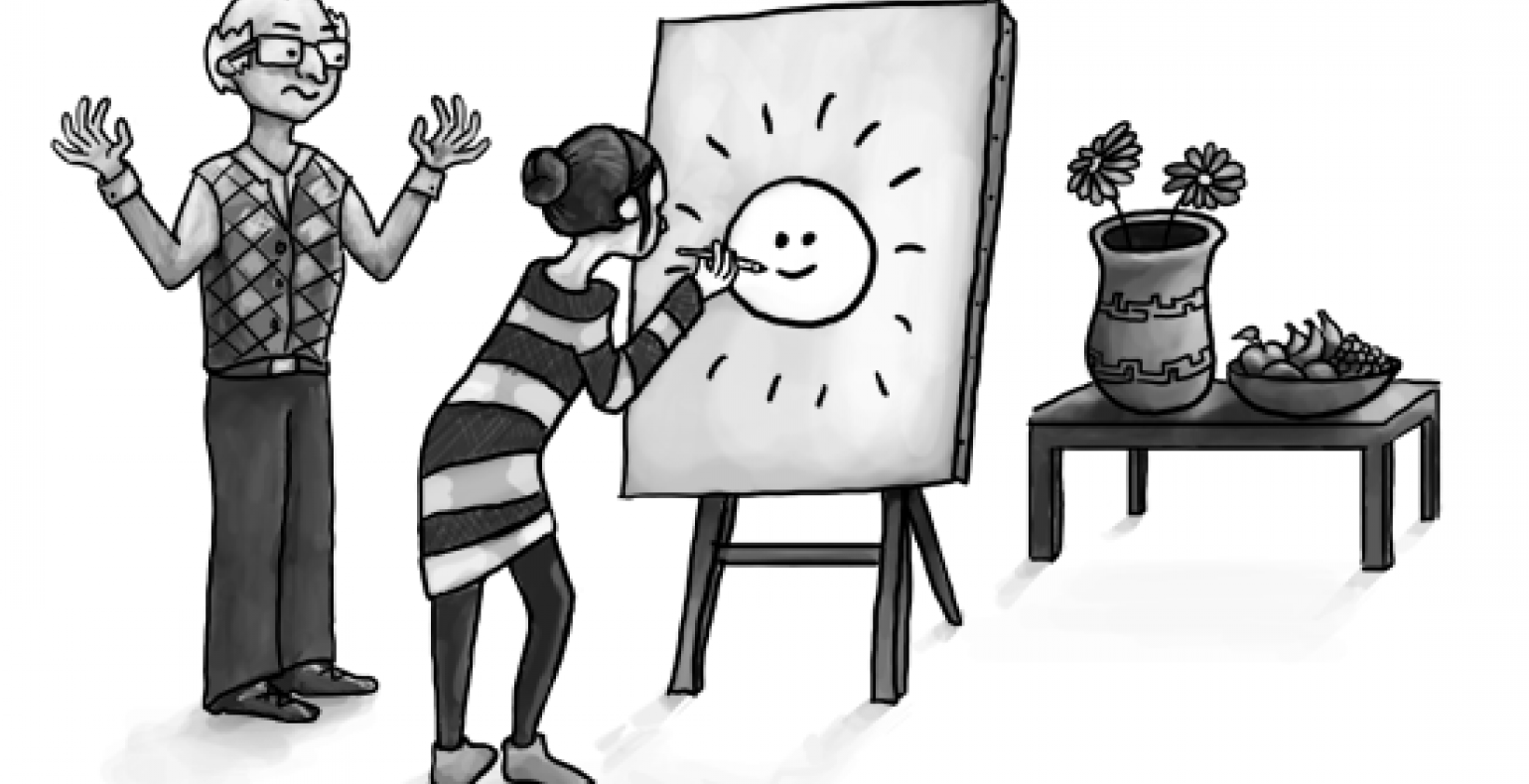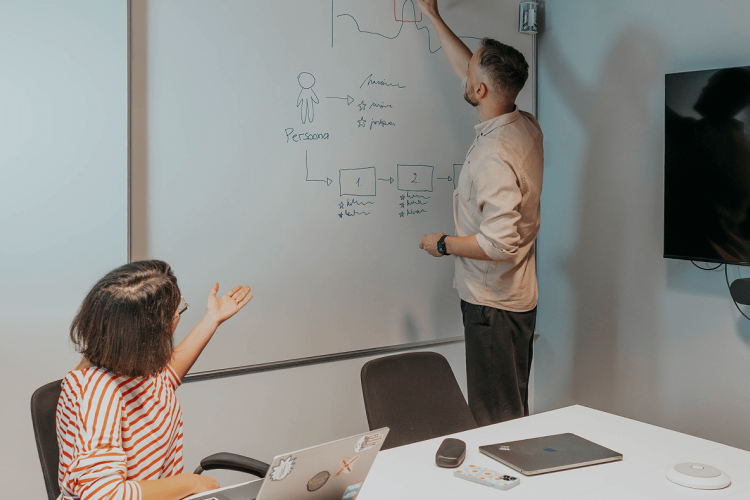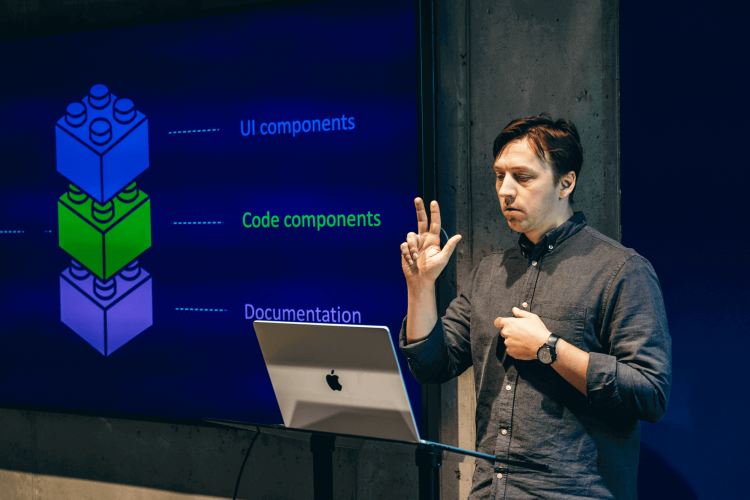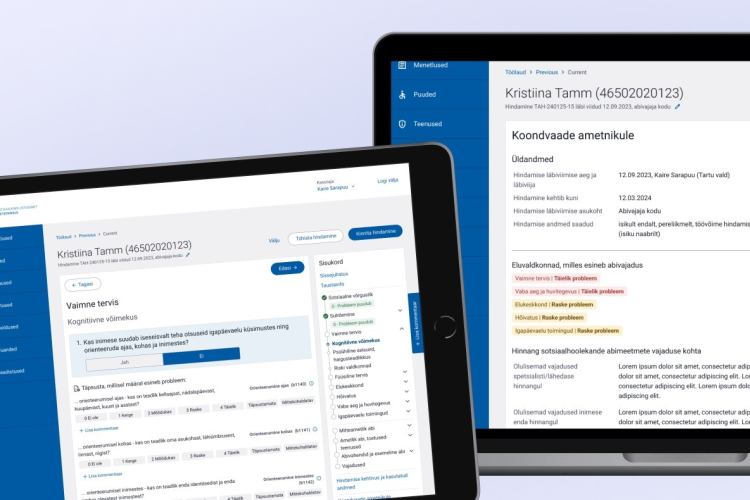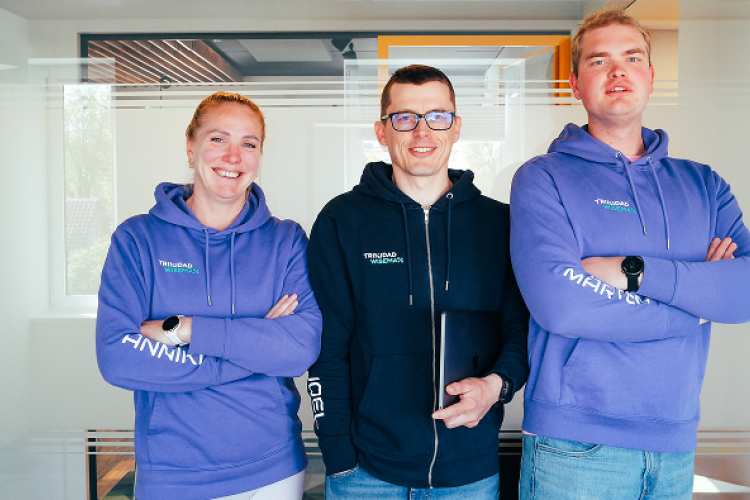Project Supervision – What Lies Behind the Term?
When we are talking about project supervision a lot of us get an image of a snarky consultant who is usually called in at the end of the project. The consultant is often seen neck deep in documentation, making sure the papers and the system are both correct.
If this sounds a lot like your project supervisor then instead of supervision he is in fact performing an audit. This is not software project supervision the way we see it here at Trinidad Consulting.
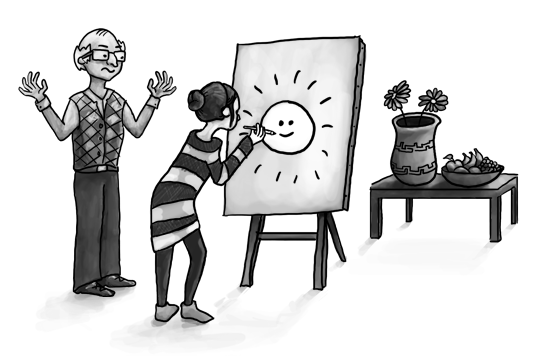
This fails because we can`t possibly make the end result better at the end.
The goal of an audit is to confirm facts in the style of „yes, this project went bust“. If the project is running according to plan then there rarely is a need for an audit. The latter is performed when you need a check-up on the funding conditions or in worst case scenarios when your system has blown up and you need to sue someone for possible damages.
In our opinion supervision must help the project succeed
This is done by improving your team with skills and knowledge that is currently missing. Developers go deep into the details, but people on the content side rarely have time and energy to answer their questions and this is where supervision comes in.
NB: There is a difference between project management and supervision. Project management deals with questions regarded to the administrative side of the project while supervision is more concerned with the technical side. Although supervision can also be administrative if the project manager asks for additional support.
Supervision is about sniffing out potential problems before they arise
This is also why we prefer to supervise projects where we have been in charge of the analysis and also the prototyping. In these stages we described what the system should be like and through supervision we help to make sure that the final result is correct.
At the start of a software development project we spend time explaining the details of the business specifications to the developers, its details, background and context. As a result you do not need to answer the same question multiple times over and over again. This means that there will be extra time left to spend on specifying requirements. As a result the risk of miscommunication is greatly reduced. As the project continues its focus shifts from consultation to verification.
Here are some examples of what we can do:
- Check the quality of the analysis documentation (validate and verify)
- Check to see if the system really works the same way as described in the prototype
- Test system functionality (in limited amounts). Trinidad is not a software testing company, but because we have often done the analysis and sometimes also the prototype then it is easy and time effective for us to test the system.
- Check the design according to the style book or existing design files
- See if the code meets WCAG 2.0 accessibility requirements (heuristic evaluation)
- Estimate risks and problems on the clients and developers side, write regular supervision reports about the state of the project
Good supervision helps both sides to understand each other
The role of the supervisor is to participate in discussions between the customer and the developer. Even when we give you the prototype, you need to have someone who breaks it down into more chewable bits, answering questions when needed.
This is required in order to get good end results. What we see daily is that people, who have not been included in the process, develop ideas which are often good, but can have a negative effect on the final system. If you slightly change the logic then the final version can work differently than originally planned. It can in fact have a drastic effect on the overall user experience.
If the company providing supervision services is also the author of the analysis then the consultant will know how to play around with the system. If changes are necessary then he is the one who knows how the puzzle should be taken apart and put back together again.
Estimates are dependent on specific actions and not the scope of the project
When we are dealing with a larger supervision project where some testing is also involved then the specialist`s load for one month is about 50-60 hours. If the volume drops to 40 hours a month then it will get harder to see all the details. In order to maximize his time, he now needs to make choices, e.g. which meetings to go to and which to skip.
The minimal volume for supervision is about half a day per week (16-20 h per month), but you need to take in consideration that the consultant is active in clearly defined segments, e.g. when evaluating the software delivery.
If you want to make your life easier then you should get supervision on board when preparing the call for tender. The volume is usually small (20-40 hours) and can help you avoid some pretty painful arguments.
When you are preparing the call for tender we can:
- Help you choose a suitable development method, results and structure
- Help you put together the call for tender`s evaluation conditions for qualifying and evaluating the successful tender(s)
- Evaluate the tenders presented
NB! Quite often people wish to show supervision as a percentage of the project scope (e.g. 8-10%). Often a large portion of work volume comes from meetings and writing reports and the volume of this work is constant. This is the main reason why supervision is often not the best option for smaller projects because it tends to be a bit expensive, even though the end result is better.
To conclude
You might say that software project supervision is not a formal verification of results or the instrument of punishment for the developers. It is a chance to boost the possibility of a successful project.
A good supervisor has seen software development inside and out, been active in different roles and feels comfortable with all methods. He can also dive deep into analysis and consult the client in relevant questions. Often enough there are more than one specialists in the supervising team.
If you want to get more information then give us a call
Write to us at trinidad@trinidad.ee, call us +372 63 11 111 or just step inside our office. We are here to help you achieve better results and avoid painful failures.
